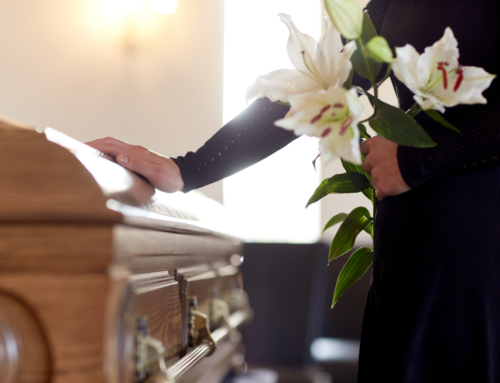Until the 12th of January 1858, all wills had to be proved by the church and the other courts. A judge had to approve a will to ensure that it contains the last wishes of the deceased. In cases, where there was no will, the next-of-kin was given the authority to distribute the Intestate’s estate. (Intestacy is the condition of the estate of the deceased, who owns property greater than the sum of their debts and expenses, but does not have a valid will)
Over 250 different ecclesiastical courts deal with Wills. In the period up to 1858 the country was divided into two provinces, York and Canterbury. The associated courts were the Prerogative Courts of Canterbury and York (or Archbishop’s prerogative courts). The two provinces were split into a number of dioceses (districts, each with at least two bishops). These in turn were divided into several archdeaconries, which were then split into rural deaneries.
If a person was relatively poor, then the estate was usually dealt with in the archdeacon’s court. The will of a person with goods in more than one archdeaconry was proved in the bishop’s diocesan court. There were also various other courts, known as ‘peculiars’, administered by the deans and chapters of cathedrals.
If you would like to talk to us about any aspect of wills and probate law, please get in touch with us.




